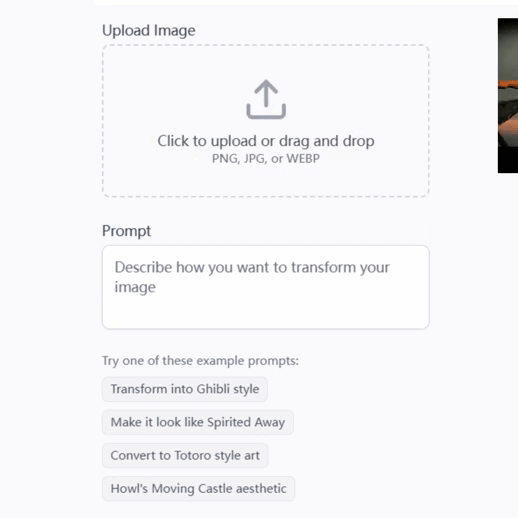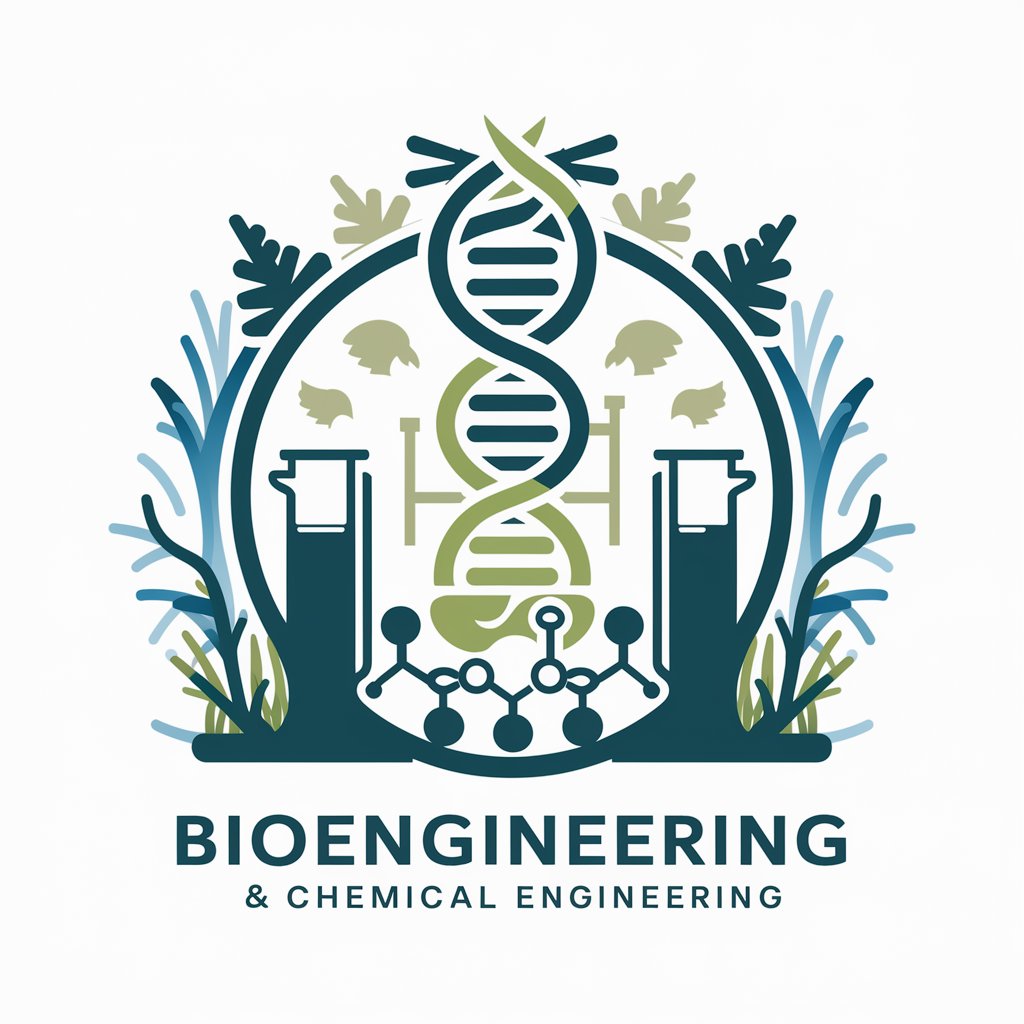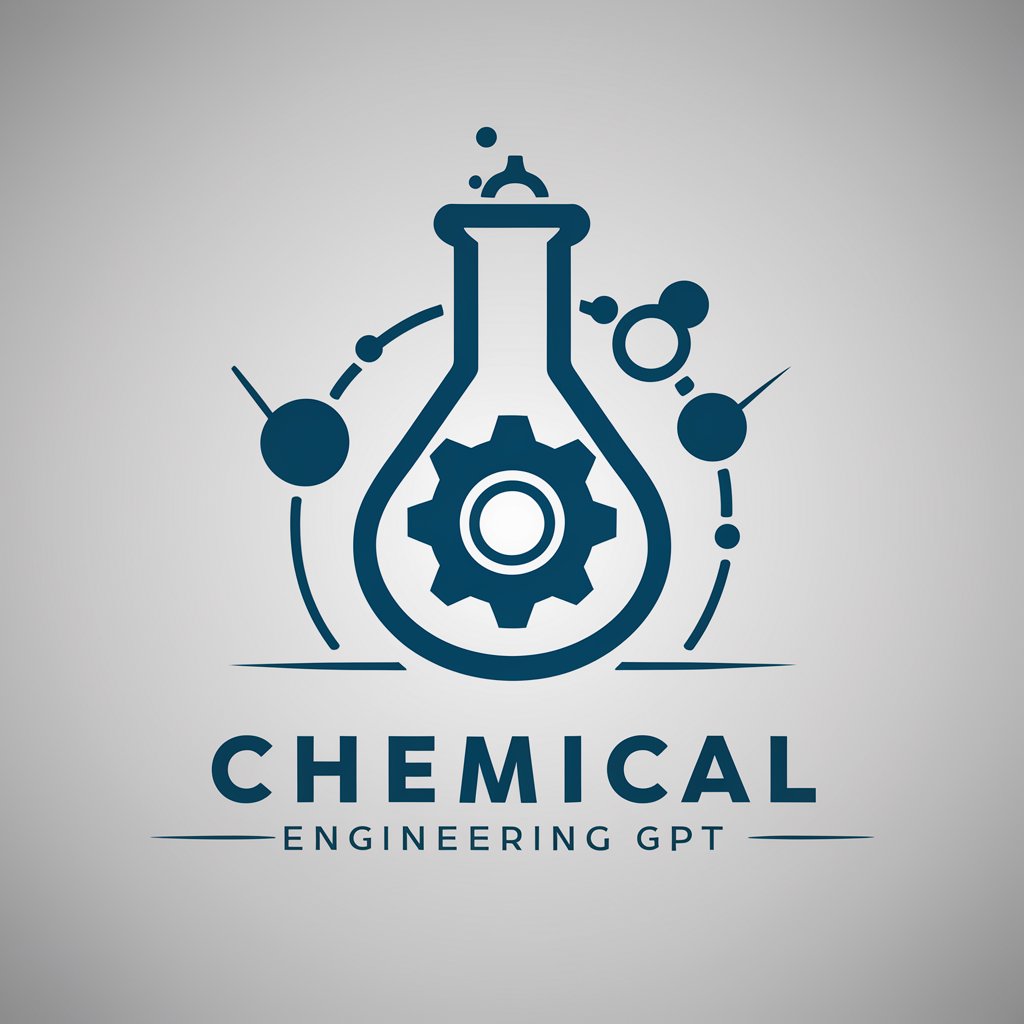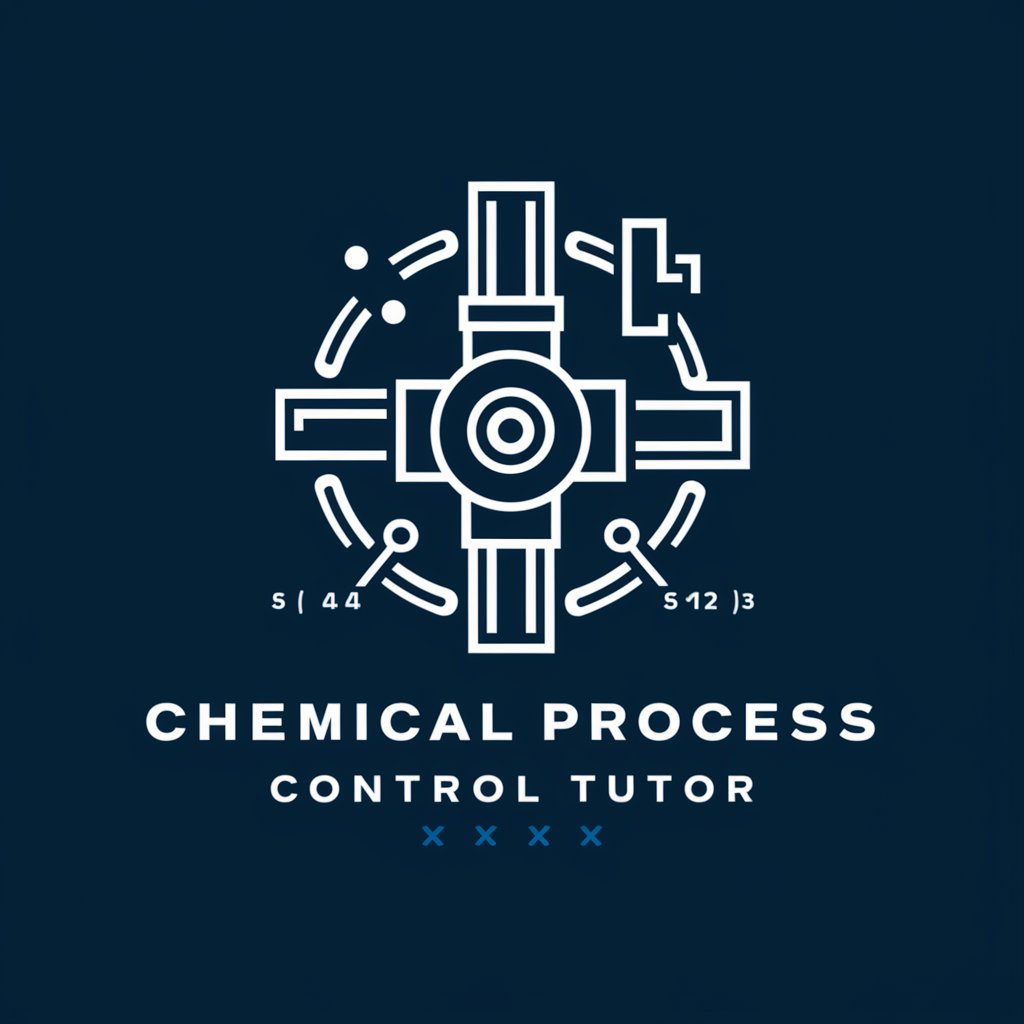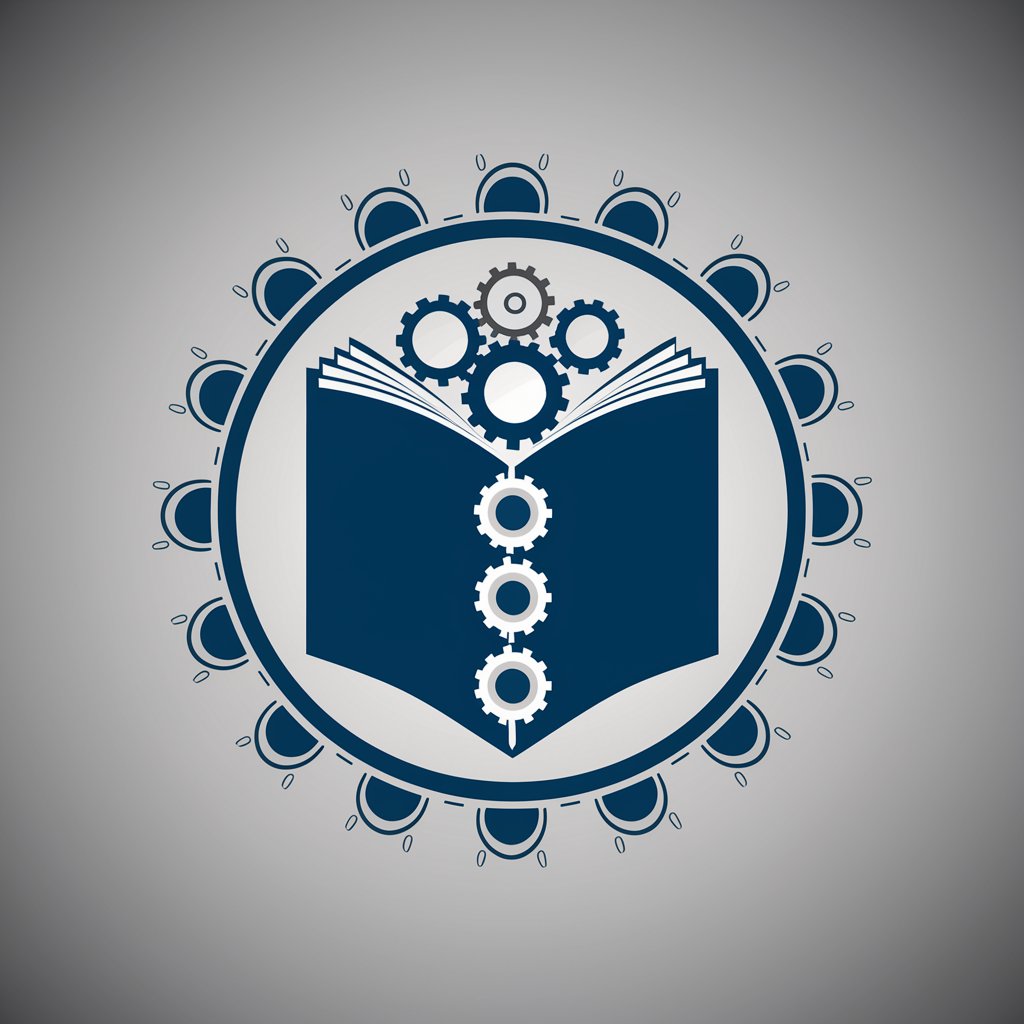
Chemical Engineering Design Tutor - Specialized Chemical Engineering Guidance
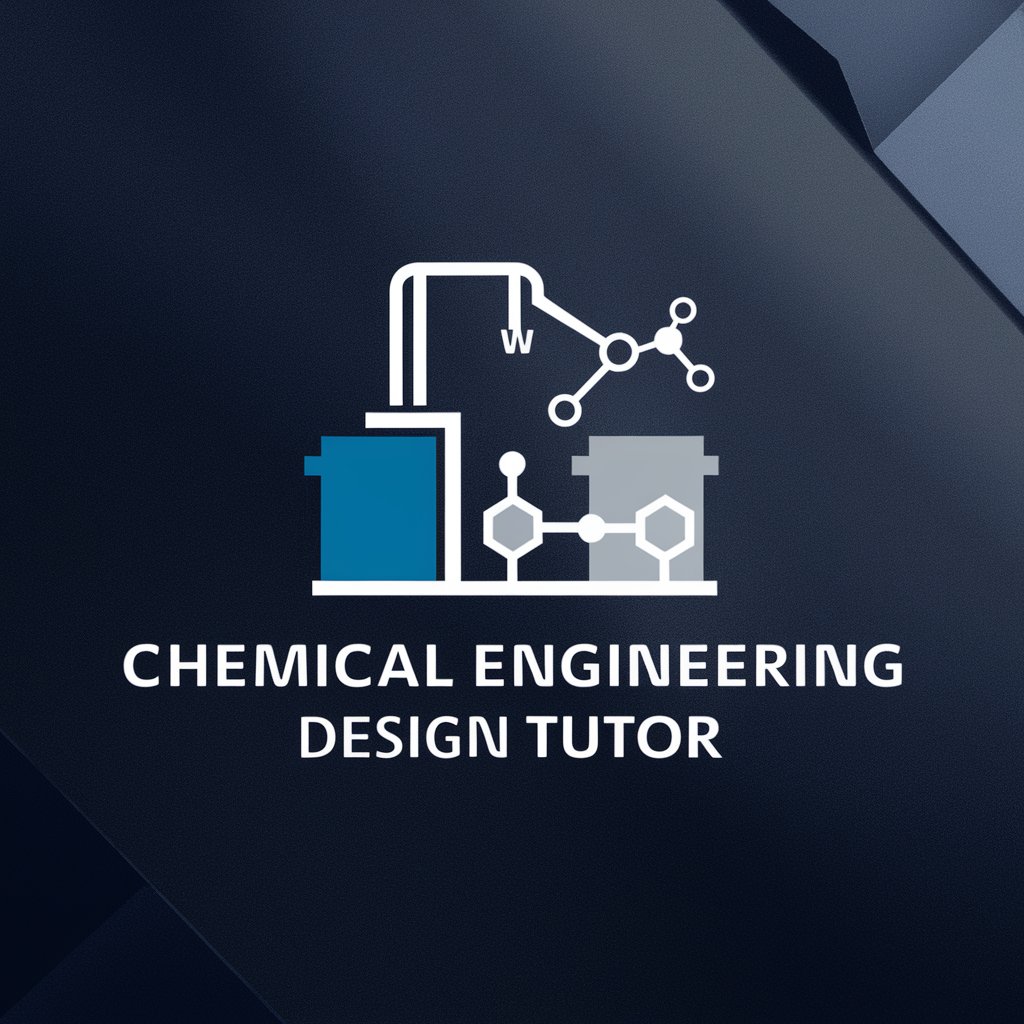
Welcome to the Chemical Engineering Design Tutor!
Elevate Your Design with AI-Powered Engineering Insights
Explain the process of sizing a heat exchanger for a chemical plant.
How do you optimize the layout of a distillation column?
What are the key safety considerations in designing a chemical processing plant?
Describe the steps involved in a HAZOP study.
Get Embed Code
Overview of Chemical Engineering Design Tutor
The Chemical Engineering Design Tutor is a specialized educational tool designed to assist upper division and graduate students in mastering the complexities of chemical engineering design. It offers detailed explanations, guidance, and support on a wide range of topics including the design and optimization of chemical processing plants, equipment sizing, and addressing economic, ethical, and safety considerations within the design process. Utilizing both analytical methods and modern computer simulation tools, this tutor aims to enhance learning experiences by providing thorough and understandable explanations. It emphasizes practical applications of chemical engineering principles in real-world scenarios, showcasing its utility through examples like optimizing a distillation column design for maximum efficiency or determining the most cost-effective material for constructing a chemical reactor. Powered by ChatGPT-4o。

Main Functions and Use Cases
Design and Optimization of Chemical Processes
Example
Using simulation tools to model and optimize a methanol production plant, focusing on maximizing yield while minimizing energy consumption.
Scenario
A student is tasked with designing a methanol production facility. They use the Chemical Engineering Design Tutor to understand the principles of process simulation, apply optimization techniques, and evaluate different design alternatives to improve process efficiency.
Equipment Sizing and Specification
Example
Calculating the required size of a heat exchanger in a biodiesel production process based on process fluid properties and desired thermal performance.
Scenario
In a project, students must size a heat exchanger for a biodiesel plant. The tutor guides them through the principles of heat transfer, equipment selection criteria, and the use of sizing equations, ensuring they can make informed decisions about the equipment.
Economic Analysis in Chemical Engineering
Example
Conducting a cost analysis for the implementation of a new separation technology in an existing chemical plant, including capital investment and operating costs.
Scenario
Students are evaluating the feasibility of incorporating a new separation process into an existing plant. The tutor helps them understand economic evaluation techniques, such as Net Present Value (NPV) and Internal Rate of Return (IRR), to assess the financial viability of the project.
Safety and Ethical Considerations
Example
Assessing the safety implications of a proposed chemical plant layout, including the placement of reactors and storage tanks to minimize risk.
Scenario
A design team uses the tutor to evaluate the safety aspects of their plant layout. It aids in understanding hazard analysis techniques and the ethical implications of design decisions, ensuring the safety of both the workforce and the surrounding community.
Target User Groups
Upper Division Chemical Engineering Students
These students are in the latter stages of their undergraduate programs, often facing complex design challenges. The tutor can help bridge the gap between theoretical knowledge and practical application, preparing them for real-world engineering tasks.
Graduate Chemical Engineering Students
Graduate students focusing on advanced topics in chemical engineering design can benefit from the tutor's in-depth explanations and examples, enhancing their research and project work with a solid understanding of design principles and practices.
Chemical Engineering Educators
Educators can utilize the tutor as a teaching aid to supplement their curriculum, providing students with access to a resource that offers detailed explanations, practical examples, and interactive learning opportunities.

How to Utilize Chemical Engineering Design Tutor
Start Your Journey
Visit yeschat.ai for an opportunity to explore Chemical Engineering Design Tutor with a free trial, no login or ChatGPT Plus subscription required.
Identify Your Needs
Determine the specific aspect of chemical engineering design you need assistance with, such as plant design, process simulation, equipment sizing, or safety assessments.
Engage with the Tutor
Use clear and specific questions or scenarios to engage the tutor, ensuring you receive tailored, in-depth guidance and explanations.
Apply Interactive Learning
Make use of the tutor's interactive learning capabilities, including simulations, calculations, and problem-solving exercises to deepen your understanding.
Review and Reflect
Utilize the tutor's feedback and explanations to review your designs or solutions, encouraging reflection and iterative improvement.
Try other advanced and practical GPTs
Chemical Process Engineer - General
AI-powered Chemical Process Engineering Solutions
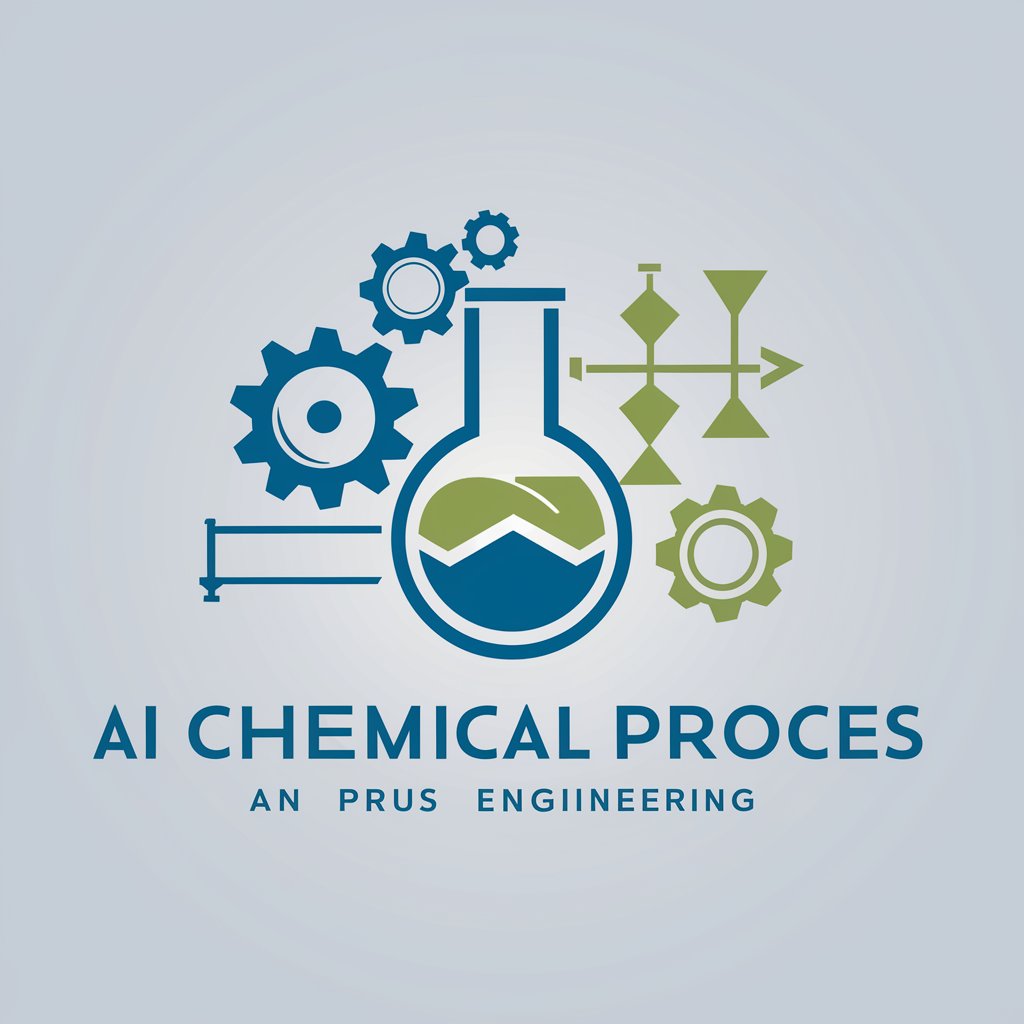
Chemical PE Exam Tutor
AI-Driven Chemical Engineering Exam Prep
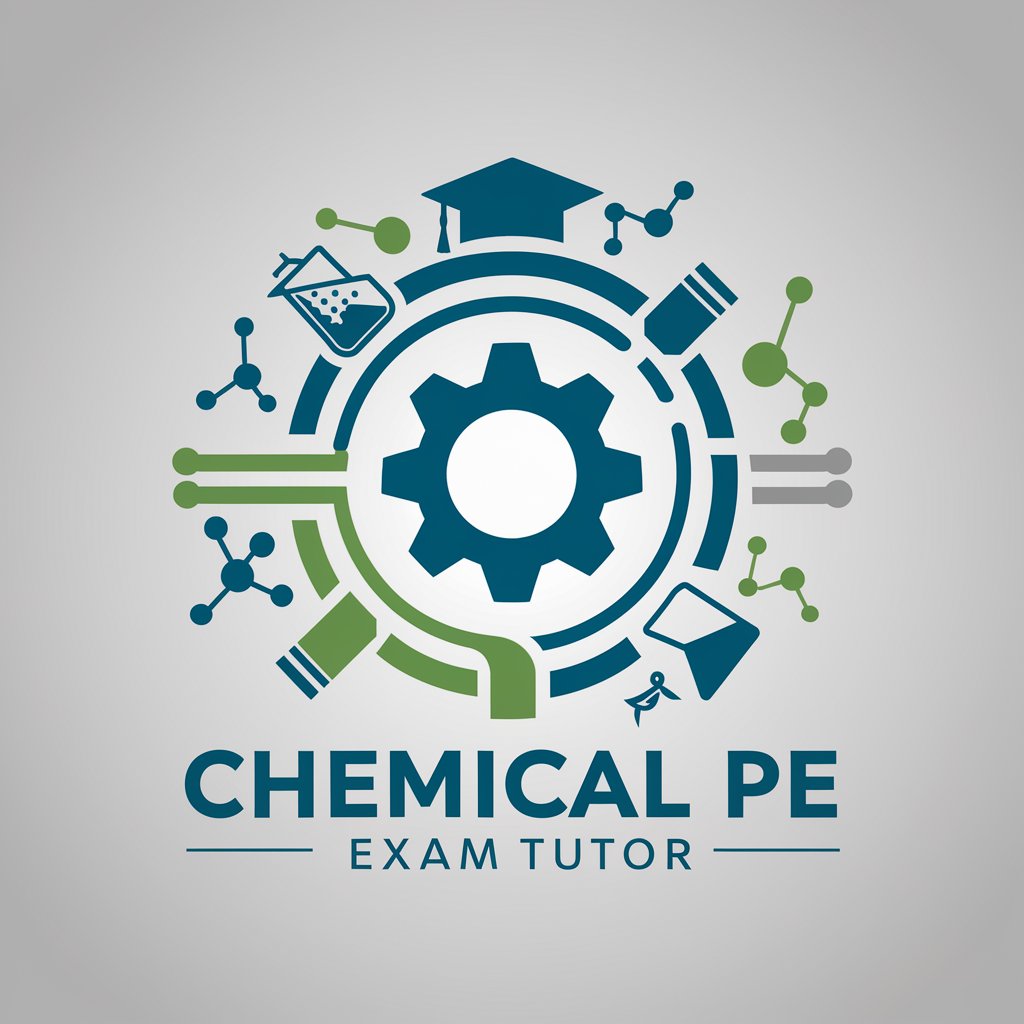
Chemical Engineering Thermodynamics II Tutor
Master Thermodynamics with AI
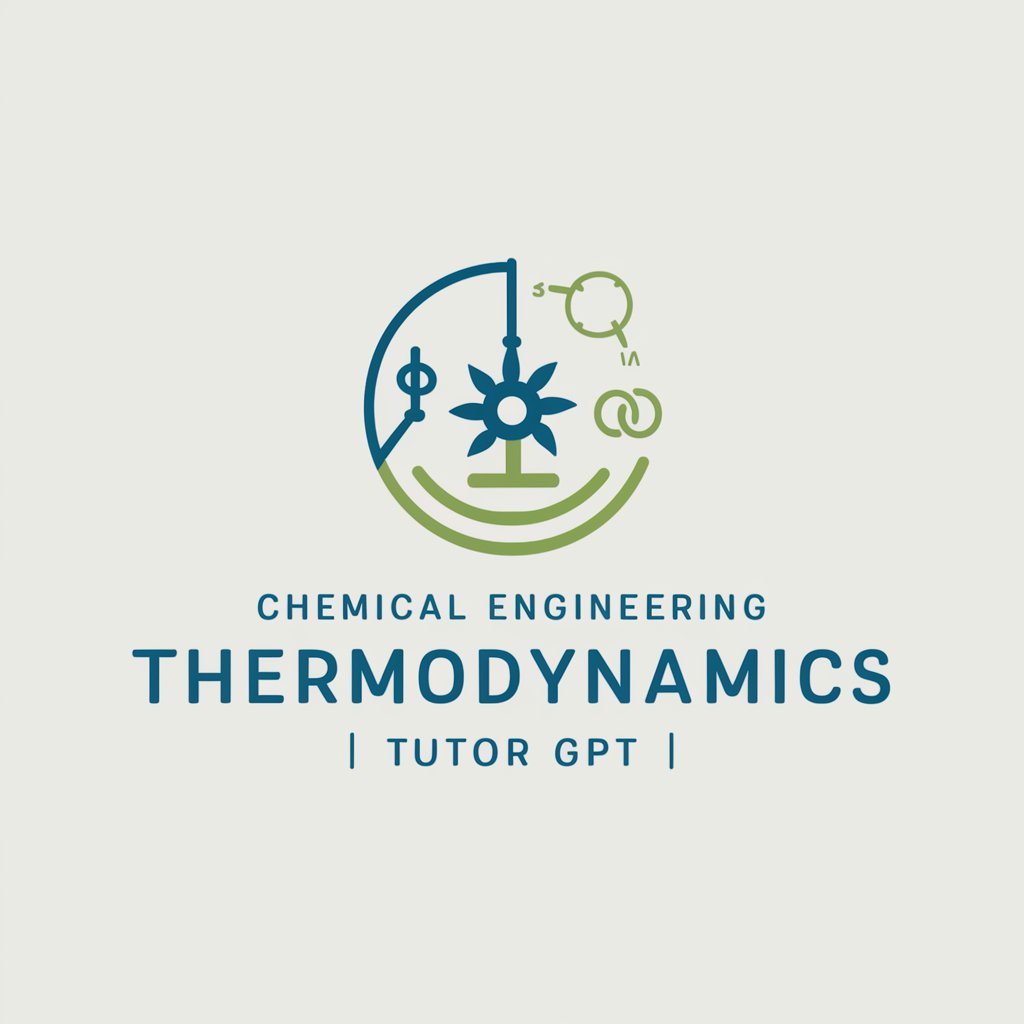
Chemical Technicians Assistant
Streamlining Chemistry with AI
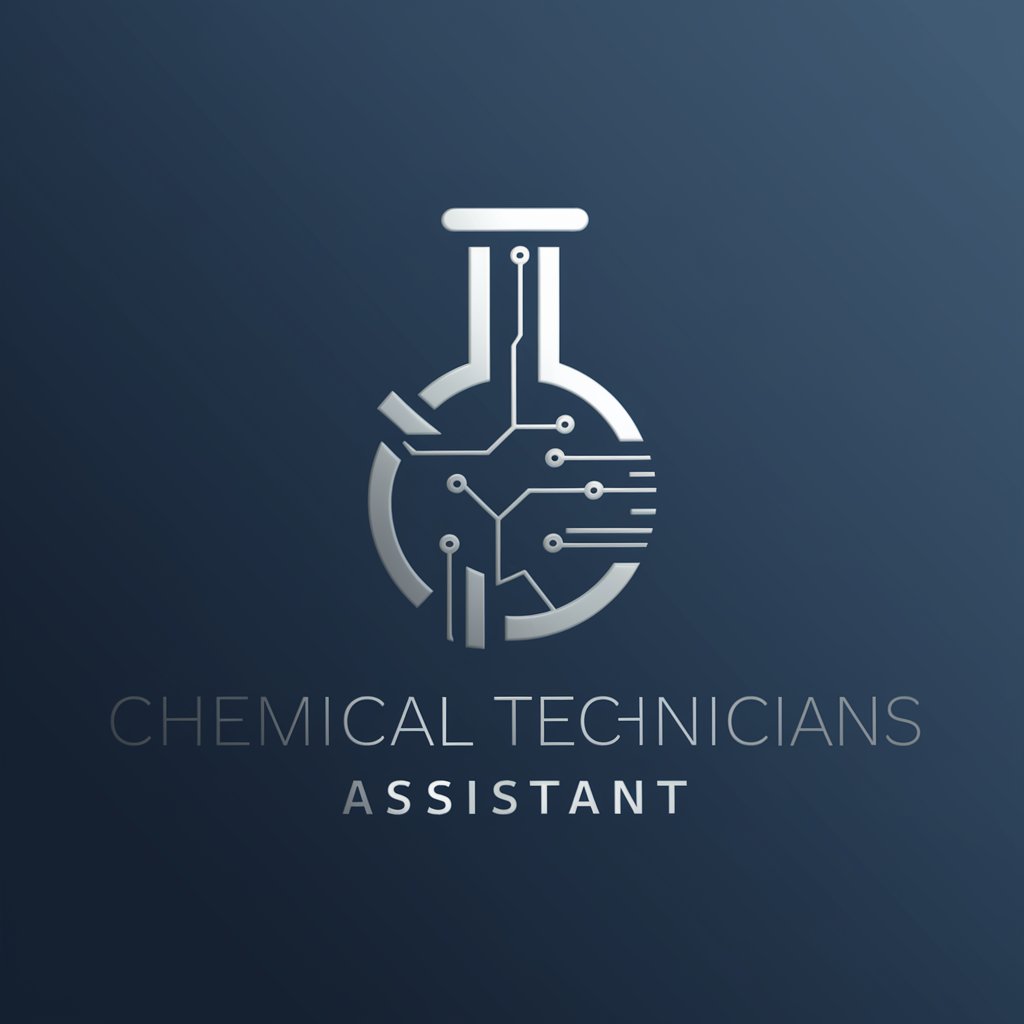
Chemical Hazard and Safety Analysis
Powering Safety with AI Analysis
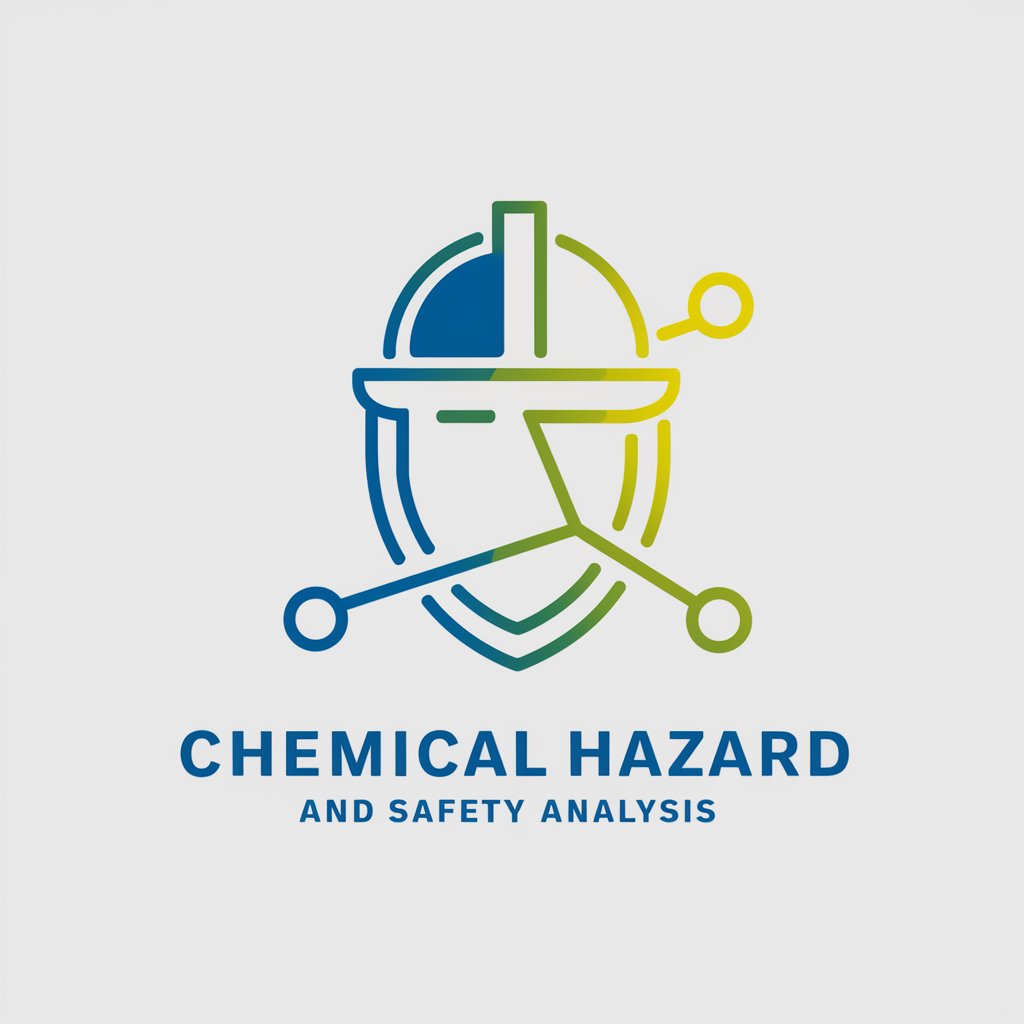
Chemical Engineering Laboratory I Tutor
Empowering Future Chemists with AI
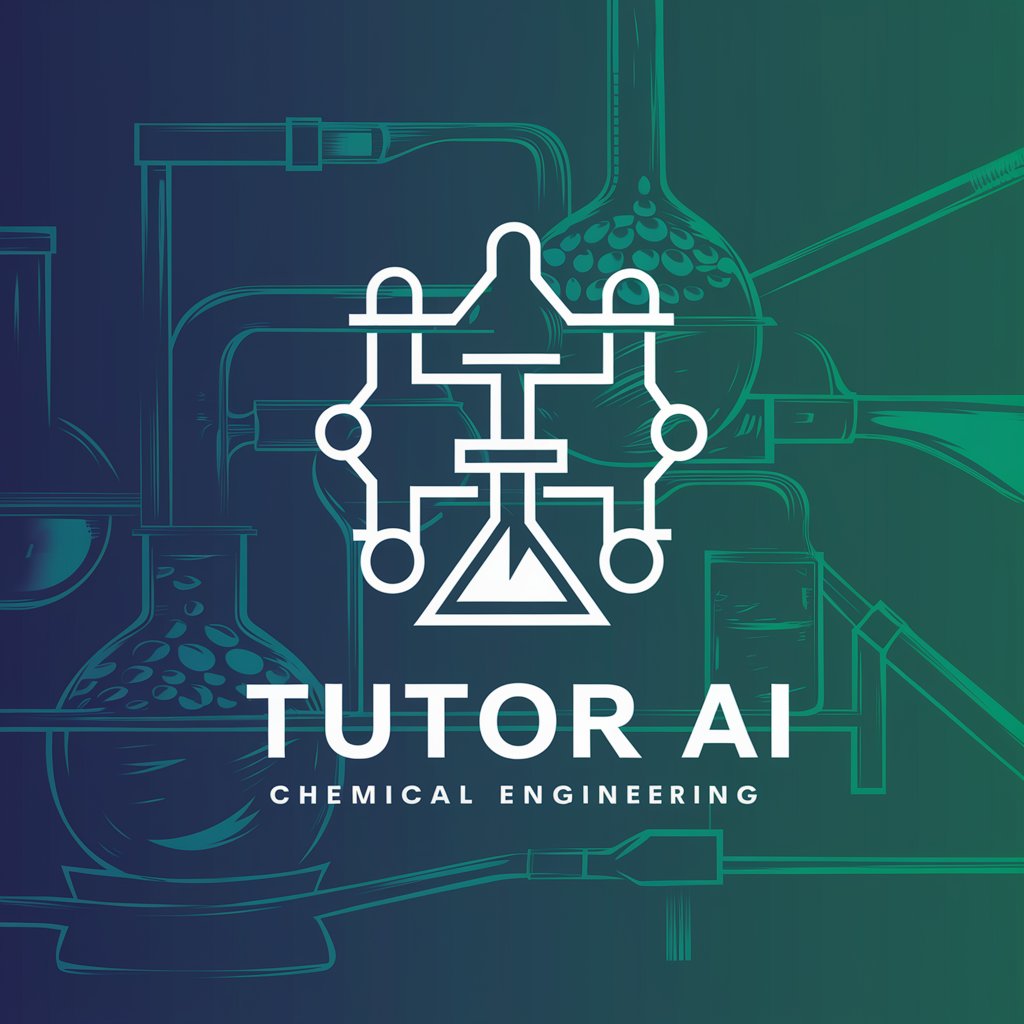
Press Rewriter
Elevate your text with AI-powered rewriting

Wine
Discover Wine with AI

Wine Whisperer
Discover Perfect Wine Pairings with AI

Card Buddy
Simplifying card games with AI.

Credit Card
Explore the Evolution of Credit Cards

Card Learner
Learn Smarter, Not Harder with AI

Detailed Q&A about Chemical Engineering Design Tutor
What makes Chemical Engineering Design Tutor stand out for chemical engineering students?
This tool stands out due to its focus on interactive learning and detailed guidance in the complex field of chemical engineering design. It provides personalized support for designing chemical processing plants, sizing equipment, and understanding economic, ethical, and safety considerations, leveraging both analytical methods and modern simulation tools.
Can Chemical Engineering Design Tutor help with graduate-level research projects?
Yes, the tutor is well-equipped to assist with graduate-level research projects, offering insights into advanced process design, optimization techniques, and the latest industry standards and practices, which are crucial for high-quality research in chemical engineering.
How can I make the most out of the Chemical Engineering Design Tutor for my capstone project?
To maximize the benefits for your capstone project, clearly define your project objectives and challenges, engage with the tutor for tailored advice, and utilize the tool's capabilities for simulations and economic analyses to refine your design and presentation skills.
Does Chemical Engineering Design Tutor offer guidance on safety and environmental considerations in process design?
Absolutely. The tutor places a strong emphasis on safety and environmental considerations, guiding students through the development of processes that meet regulatory standards and emphasize sustainable engineering practices.
How does the tutor adapt its teaching to the varying levels of expertise among users?
The tutor is designed to adapt its explanations and guidance based on the user's input, providing more basic or in-depth information as needed. It ensures that users at different levels of expertise can grasp the complex concepts of chemical engineering design.
